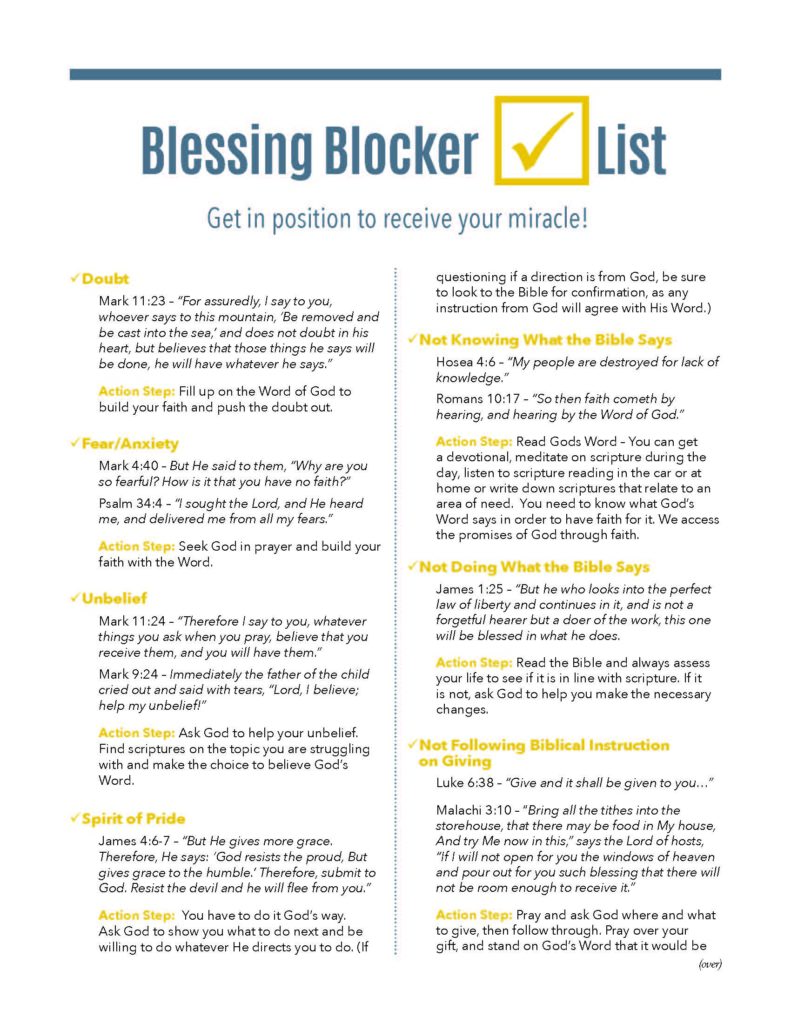Lindsay Roberts – Second of five parts
When Jesus heard Bartimaeus’ cry, He stopped and immediately commanded that Bartimaeus be brought to Him. The people then began to say to Bartimaeus, “Be of good comfort, rise; he calleth thee” (Mark 10:49). It’s amazing, isn’t it, how the crowds can change from one message to another in just a few seconds? Just seconds before, they had been ordering Bartimaeus to keep silent. Now they are telling him to be encouraged. That’s what happens with crowds of people. They’d rather shift than stand firm. The exact opposite is true of God. He stands firm rather than ever give in to evil.
How did Bartimaeus respond to the call from the Lord? The Bible says, And throwing aside his garment, he rose and came to Jesus (Mark 10:50).
What garment was it that Bartimaeus threw aside? It was his beggar’s robe ― the robe that he wore to identify himself as a beggar, the robe that gave him public permission to beg for money.
Everything about the robe said to Bartimaeus and to the world, “I’m blind. I’m nobody with nothing. Help me.” The robe symbolized to Bartimaeus everything that was wrong with his life―his blindness, his need for begging, his dependence on the world’s system. That robe was a sign of Bartimaeus’ dissatisfaction; a sign of his need.
In throwing off his beggar’s robe, Bartimaeus was making a statement of his faith that everyone around him could see. He was declaring, “I’m taking off my past. I’m getting up from the side of this road and I’m never coming back to this way of existing, this robe, or this condition of life. No matter what may happen when I come face to face with Jesus, I’m never returning to the way things were.”
When you come to Jesus in prayer—crying out to Him until you know with certainty that Jesus is hearing your prayer, come expecting your life to be changed. Refuse to go back to the old status quo. Expect the future to be different from your present or your past.


